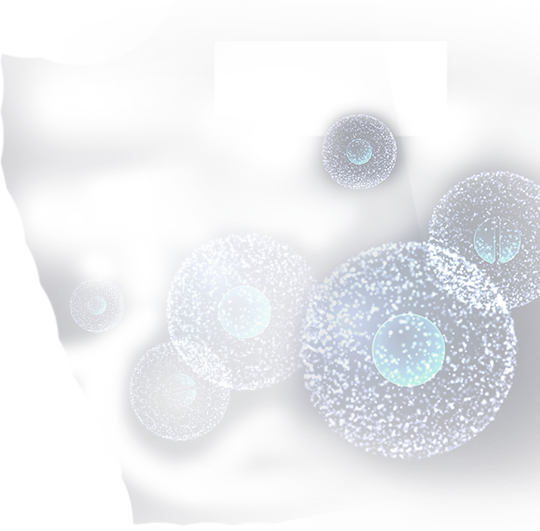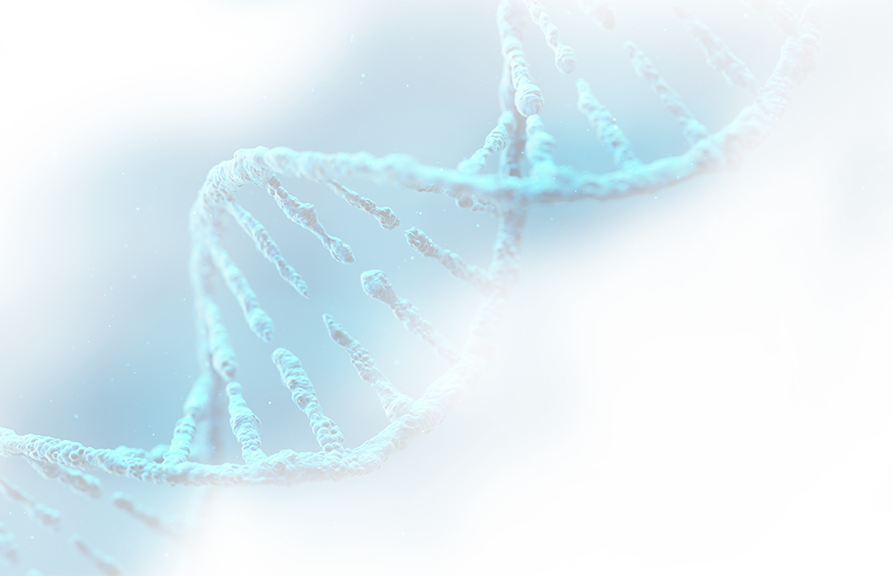



By safely collecting and storing healthy stem cells based on our vast stem cell research experience and technology,
SKYVE offers differentiated customer-tailored services.
Stem cells are the basis of all cells or tissues that make up our body, and they are “undifferentiated” cells with the ability to differentiate into over 210 different tissue cells in our body.
The main role of stem cells is to regenerate and repair damaged tissue. Stem cells are divided into adult stem cells, which make up many of the tissues in our body, and embryonic stem cells, which originate from a fertilized egg created by the fertilization of a man's sperm and a woman's egg. All of the stem cell therapies currently available commercially use adult stem cells, which are ethical and safe.

Adult stem cells refer to the undifferentiated cells derived from cord blood (umbilical cord blood) or fat, bone marrow, and blood from fully grown adults on the verge of differentiating into specific organs, such as bone, liver, and blood. While the direction of differentiation of adult stem cells is limited, they are known to be relatively safe cells.
Embryonic stem cells, which are based on eggs, can differentiate into the cells of any tissue. Since they have the potential to become a fetus, ethical review and deliberation are needed for their research and use.
Dedifferentiated stem cells refer to somatic stem cells that have undergone differentiation and have been reprogrammed back into an undifferentiated state. These dedifferentiated cells exhibit pluripotency almost equivalent to that of embryonic stem cells. Like embryonic stem cells, it is not possible to completely rule out their potential to develop tumors, so more research and development needs to be done on safety.


Stem cells can produce other stem cells that have the same shape and ability as themselves.

While stem cells remain undifferentiated, they can develop into various types tissue cells as needed by the body.

When administered intravenously, stem cells can naturally locate and target damaged areas.
Easy to collect with simple liposuction
No immune rejection
Highly differentiable and applicable to various diseases in the future
Many of the cells can be obtained from a small amount of adipose tissue
It is recommended to store the cells while healthy, as decreased function is expected with aging and illness
Collected from the pelvic bones
No immune rejection
While the number of the cells initially collected is low, it can be increased through culture
Superior ability to differentiate into cartilage compared to adipose-derived stem cells
Bone marrow stem cells have been studied for the longest time among other adult stem cells
Use of Stem Cells
Musculoskeletal disorders

Spinal injury

Parkinson’s disease and Alzheimer’s disease

Rare diseases

Intestinal diseases

Diabetes and hypoparathyroidism

Emphysema and digestive diseases

Cardiovascular diseases

Retinal degenerative diseases

Atopic dermatitis, hair loss, wrinkles, and burns

Tumors and immune disorders




TEL : 02-521-0521
FAX : 070-4275-5260

9:00-18:00 on weekdays, 9:00-14:00 on Saturdays,
closed on Sundays and holidays
● Consent to Collection and Use of Personal Information
We collect and use your personal information as outlined below in order to respond to your inquiry. The collected data will be used solely for the purpose of handling your request and will be safely destroyed once the purpose of use has been fulfilled, in accordance with applicable laws.
Collected Information: Name, region, affiliation, email address, contact number, etc.
Purpose of Collection: To receive and respond to customer inquiries, and to manage inquiry history
Retention Period: Until the purpose of use is achieved (or retained for the period required by relevant laws, if applicable)
This consent is required to process your inquiry, and you have the right to refuse.
However, please note that if you do not consent, you may not be able to use the inquiry service.
We refuse unauthorized collection of e-mail addresses posted on this website using e-mail collection programs or other technical devices, and please keep in mind that violations will result in criminal penalties under the Information and Communication Network Act